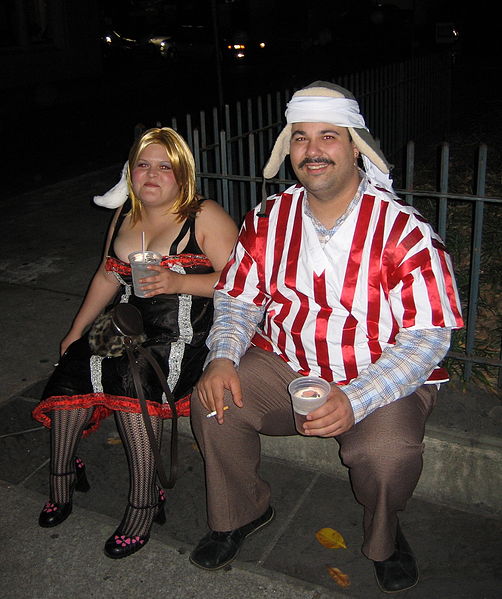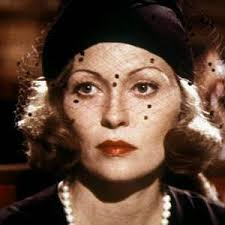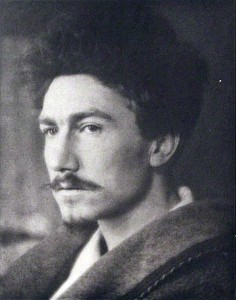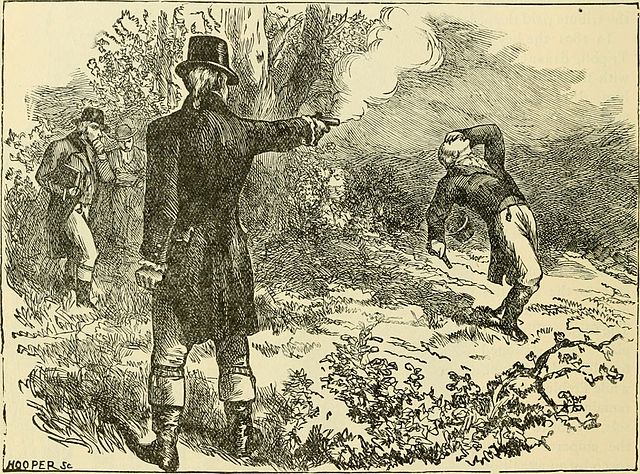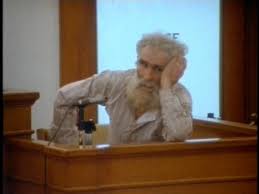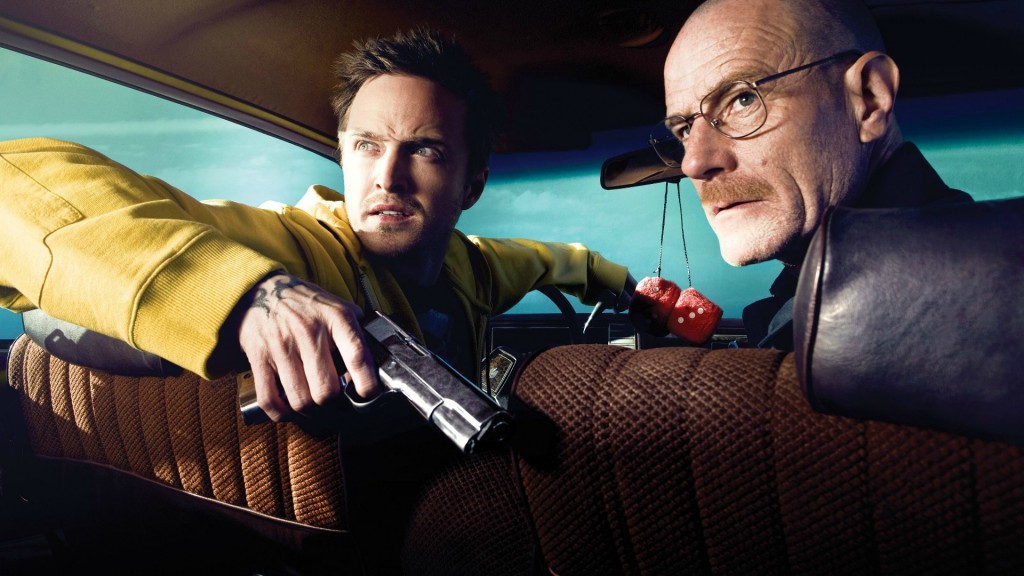The Varnished Culture's Thumbnail Reviews
Regularly added bite-sized reviews about Literature, Art, Music & Film.
Voltaire said the secret of being boring is to say everything.
We do not wish to say everything or see everything; life, though long is too short for that.
We hope you take these little syntheses in the spirit of shared enthusiasm.
A Confederacy of Dunces
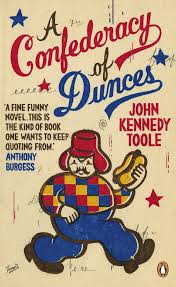
(by John Kennedy Toole)
Lovingly wry story of modern misanthrope, Ignatius J Reilly, a protean and monolithic loser who falls in love, sort of. “Oh, my God, their tongues are probably all over each other’s capped and rotting teeth”.
Continue Reading →Civilisation
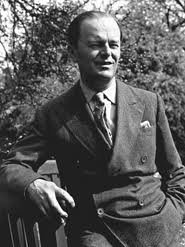
(by Kenneth Clark)
Really a compilation of scripts for a television series, this book, much ridiculed and parodied over the years (remember Monty Python’s “Are you civilised? Have you been civilised recently?”), is a wonderful, personal, informed view of humankind and culture from classical times to the then present (1968). Elegiac, nostalgic, pessimistic; almost everything in the arts since has borne out Clark’s view that “we can destroy ourselves by cynicism* and disillusion, just as effectively as bombs.”
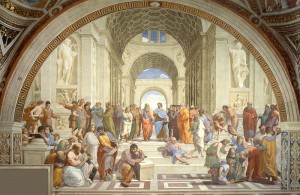
Raphael’s School of Athens, Vatican Chambers – An early version of celebrity voyeurism, featuring Plato, Aristotle in the centre, Euclid, Pythagoras, Michelangelo, Averroes, et al…
Chomsky and Dershowitz

(by Howard Friel)
Hysterical (yet deeply researched and readable) tract, designed to prove that Chomsky is Yahweh and Dershowitz is Satan. The author is obsessed with extrapolating individual examples of injustice (of which there are many) and rendering them into a damning case against Israel, without apparently considering the existential threat invoking these crimes and misdemeanors.
[Peter notes: recently I received a comment from somebody called Hans, who said: “Obviously you’re a shill for the Israeli worldview.” I mulled this one over, considered my usual response of either offering a grovelling apology or expression of gratitude for being noticed, but I find neither apposite in this case, nor can I let this one go:- A ‘shill’ is a fraudster or confidence trickster. I’m trying to review a book as best I can, pro bono publico;
- I re-read my comment and find it difficult to divine a preference for the Israeli position (unless you are to be tagged a pro-Israeli propagandist if you don’t side with Hamas);
- My suggestion was based on a skepticism of ‘black-and-white’ positions where Palestine is concerned, which, I suggest, is that taken in the work under review;
- I will need Hans to explain what he means, precisely, by the “Israeli worldview”. I hope he is not referring to the The Protocols of the Elders of Zion, because I doubt there is any monolithic Israeli position;
- If Hans can inform me of his position vis-à-vis Chomsky and Dershowitz, I will be pleased to be instructed; (and for completeness) –
- No, despite my dodgy surname, I am not Jewish; I have not visited Israel, on my own or as a guest of B’nai B’rith or anyone else.
…and a Mr Campbell has recently added: “Those Gazan children throwing rocks at the Israeli tanks invading land that the UN says belongs to Palestine …are a real existential threat to Israel. In a pig’s eye.” Talk about an unscrupulous argument!]
Continue Reading →
Chinatown

(dir. Roman Polanski) (1974)
Superior latter-day film noir, replete with sophisticated non-plot (something about diverting public water for private purposes), has Faye Dunaway getting away with scenery-chewing, due no doubt to difficulties with character (‘She’s my daughter! She’s my sister! She’s my daughter…’).
Continue Reading →The Cantos
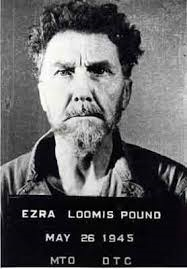
(by Ezra Pound)
The commonplace book of a madman, lines of breathtaking beauty (e.g. Canto IV, LXXIV, the closing fragments) jostle with crude, didactic ravings against usury and Jews. A pox on he who gave Pound an economics book! Or convinced him to attempt a poetic epic without structure, a theme or any cohesive idea at all. Still, it’s a lunatic mess well worth skimming.
Continue Reading →Burr
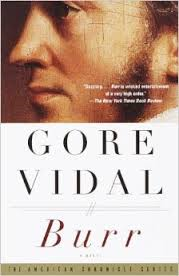
(by Gore Vidal)
A knowing, rollicking account of the early Republic. Vidal smashes the Jeffersonian myth but creates a more interesting figure of history in lieu. Burr’s uneasy, half-respectful relationship with Alexander Hamilton, whom he ultimately killed in a duel, is particularly interesting, although contentiously handled.
Vidal paints a vivid, unflattering portrait of Thomas Jefferson, the ultimate effect of which is to confirm his stature. But it’s a close-run thing: here is Burr reflecting on the 3rd President:
“He was the most charming man I have ever known, as well as the most deceitful. Were the philosopher’s charm less, the politician’s deceit might not have been so shocking…Had Jefferson not been a hypocrite I might have admired him. After all, he was the most successful empire-builder of our century, succeeding where Bonaparte failed. But then Bonaparte was always candid when it came to motive and Jefferson was always dishonest. In the end, candour failed; dishonesty prevailed. I dare not preach a sermon on that text…Later Madison tried to explain Jefferson to me. ‘Politically, he thinks you too independent. Personally, he fears a rival.’ ‘He does not fear you.’ ‘Because I am part of him, and no rival.’ ‘I am?’ ‘He thinks you are, and so he is afraid of you.’ ‘What should I do?’ Madison simply grimaced. Obviously there was nothing to be done with such a man. I shall never know – who will ever know? – what Madison really thought of his remarkable friend.”
Continue Reading →Burial Rites

(by Hannah Kent)
Once the reader accepts the book as a claustrophobic minuity, s/he will find this wintery Icelandic saga is worth the solitary confinement; a lucid and authentic small tale of murder and retribution, with as much cause for optimism as in a Ken Loach film. Ken Loach should buy the film rights.
[Update note: Ms Kent’s second novel is due out. No pressure, but….] Continue Reading →Brother’s Keeper

(dir. J. Berlinger & J. Sinofsky) (1992)
A great, ambling account of a yokel murder case. One of the Ward boys (farmers with arrested development, putting it mildly) ups and dies; the State thinks one of the other Ward boys dun it. Film-makers get an extra half-star for inhaling near the Ward boys. Note to DA’s pathologist and the defence attorney: never appear on film again. It’s all a little exploitative, but unmissible all the same.
Continue Reading →Breaking Bad

(created by Vince Gilligan) (2008-2013)
A high octane, cold-sweated, overheated, pretzel-plotted, prodigious, ragged and pitiless low tragedy, the best thing on television for years.
LESLEY ADDS. No-one is redeemed. No-one is spared. It’s all a murky brown and very, very nasty. Crime pays. No it doesn’t. Maybe it does. No, probably not. Oh I don’t know. Second only to the greatest TV drama series of all time – Edge of Darkness. (Note: see also the prequel, Better Call Saul)

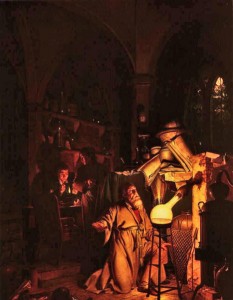
Bluesfest
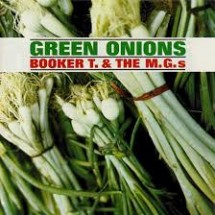
(2014)
Touted as Australia’s premier blues and roots festival, Bluesfest is really an eclectic gathering of the available great and good. The Varnished Culture only made Monday’s gig and a list of acts enjoyed will give you an inkling of the variety: Joss Stone, Michael Franti & Spearhead, War, KC & the Sunshine Band, Booker T Jones, the Beards, Chain and climactically, Elvis Costello & the Imposters. When Booker T recalled how young he was in 1962 when he wrote ‘Green Onions’, it occurred to the V.C. that he was not only older than most of the crowd but most of the crowd’s parents as well.
Pleasant surprises were Michael Franti, the Beards (although they really must expand the subject matter of their songs beyond the hirsute) and Cambodian Space Project (which combines a tight bunch of pub rockers with an Asian Lolita who warbles 60s bubblegum pop style songs).
Weather lovely this year but as it tends to be variable, the Varnished Culture recommends shelling extra $ on the V.I.P. tent, so one can use a lavatory fit for humans. Moreover, we choose to stay, when in or near Byron Bay, at Azabu. It is a bit out of town but that is a relief in that the town itself is a lot like Victor Harbor invaded by hippies, only worse.
Continue Reading →
